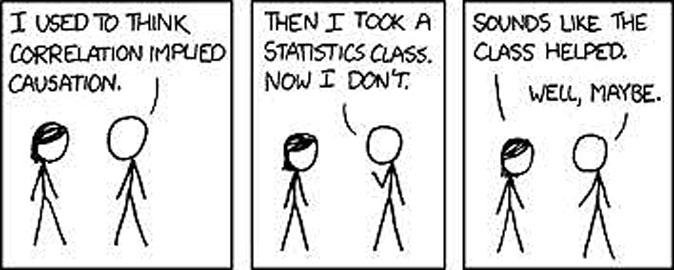As Adam Smith himself pointed out all jobs pay the same really. When you take account of what’s needed to do them, the terms, the conditions, the “disagreeableness” of them, add in the wages and they’re all paying much the same amount. Which has an interesting implication for those who would raise the minimum wage:
There are many other forms of compensation, including fringe benefits, relaxed work demands, workplace ambiance, respect, schedule flexibility, job security, hours of work and so forth. Even a limited accounting indicates that these nonmonetary benefits amount to a substantial percentage of the total compensation employees receive, nearly 30 percent over and above wages of all workers and 20 percent over and above wages for restaurant workers, on the average.
Employers compete with one another to reduce their labor costs, and that competition is expressed in a variety of ways in labor markets — certainly in money wages, but also in terms of fringe benefits, work demands and all other forms of nonmoney compensation. Workers also compete for the available unskilled jobs. The competition among employers and workers will not disappear with a wage increase but will merely be redirected into the components of compensation packages not covered by the wage mandate. Wage floors, therefore, restrain competitive pressures in only one of the many ways in which businesses compete. With a minimum-wage increase, employers will move to cut labor costs in other areas. As such, employers are likely to reduce fringe benefits and/or increase work demands.
We can indeed raise that minimum wage and there will of course be job losses from doing so. It’s even possible to insist that the benefits to those who have their wages raised outdo the disbenefit to those who lose their jobs although that’s not something I'd be keen to try to prove to the newly unemployed. But we do also have to insist that raising the minimum wage is going to reduce those other terms and conditions under which people work. Might be as something as simple as insiting that the staff buy their own darn teabags, could be more stricness about breaks, or trady arrival, a bit more slavedriving to pressure mor work out of that newly more expensive labour.
But there will be that something that will compensate for those newly higher wages.
Another way of putting this is that a higher minimum wage might move wages but it’s not going to change the total compensation on offer. And it’s that insight that allows us to suggest something rather more interesting. As we know, employers’ national insurance is some 13.8% of wages above the threshold these days. And yet it’s clearly part of total compensation. So, what we could do is stop charging that tax upon incomes for those below, say, the full year full time minimum wage of £12,500 a year or so and we would expect that to feed through into wages. For we'd not, again, have changed total compnesation but we would have changed the non-wages part of it.
Another way of making the same point is to say that we don’t have minimum wage poverty we have tax poverty. The government is simply taking too large a part of the wages of the working poor.
This article was originally published at the Adam Smith Institute.
*Image of “salary“ via Shutterstock





